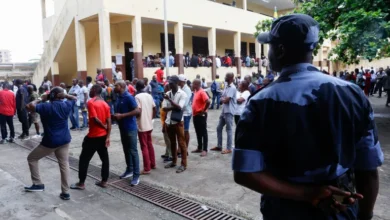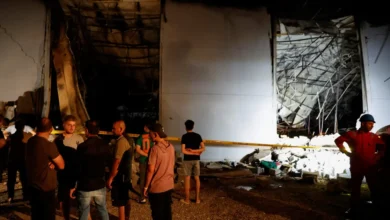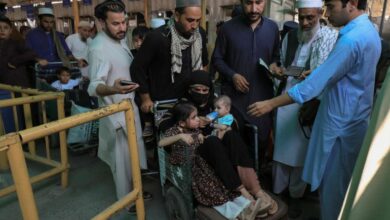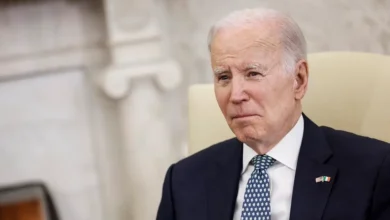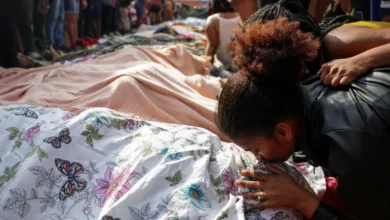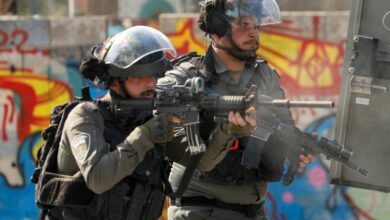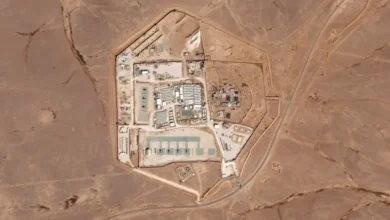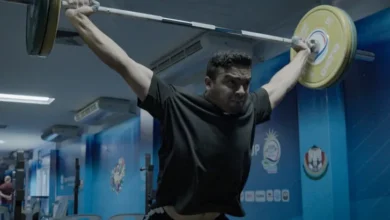Lebanon facing deadliest period ‘in a generation’: UN
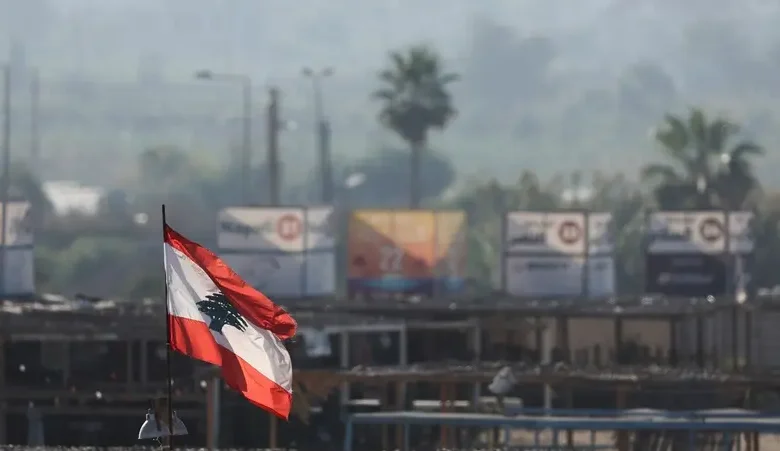
The UN said Friday that a “catastrophic” intensification of Israeli attacks targeting Hezbollah militants had left Lebanon facing its deadliest period in years, with its hospitals overwhelmed by casualties.
“The recent escalations in Lebanon are nothing short of catastrophic,” said Imran Riza, the United Nations humanitarian coordinator in Lebanon.
Hezbollah and Israel have been locked in a deadly exchange of cross-border fire since the Iran-backed group’s Palestinian ally, Hamas, attacked Israel on October 7.
Nearly a year into the war with Hamas in Gaza, Israel has shifted its focus to its northern front with Lebanon.
Since Monday, Israeli warplanes have bombarded Hezbollah strongholds around the country, killing more than 700 people and injuring nearly 6,000, according to the health ministry.
Hundreds of pagers and walkie-talkies detonated across Lebanon last week also killed at least 39 people and wounded nearly 3,000 in an attack widely blamed on Israel, which has refused to comment.
“We are witnessing the deadliest period in Lebanon in a generation, and many express their fear that this is just the beginning,” Riza told reporters in Geneva via video link from Beirut.
He pointed out that on Monday alone, the death toll was equal to around half of the 1,200 killed during 34 days of war between Israel and Hezbollah in 2006.
“The level of displacement, the level of trauma, the level of panic, has been huge,” he said.
At the same time, Riza warned that Lebanon’s “health sector is completely overrun.”
“The events of last week, including the explosions of communication devices, have nearly depleted health supplies,” he said.
“With the recent escalations and hospitals reaching capacity, the system is struggling with limited resources to meet the growing demands.”
The hospitals in Lebanon “are overwhelmed,” agreed Margaret Harris, spokeswoman for the World Health Organization.
She pointed out that the pager and walkie-talkie blasts had caused large numbers of serious injuries, especially to eyes and hands, which require specialized treatment.
A full 777 injured remain in hospitals after those blasts, “and 152 of those are critical cases,” Harris said.
“That means they’re not leaving the hospital for quite some time, and so every day of bombing and blasts fills up beds that can’t be unfilled.”
At the same time, she said, 37 health facilities had been closed across Lebanon due to events.
Harris stressed that aid agencies had done a lot to prepare for possible mass-casualty events in Lebanon in case the past year of cross-border fire were to escalate.
The WHO had helped “train most of the health workers in most of the hospitals for mass casualty,” she said. But “in our planning scenarios, we didn’t have anything like the numbers that have actually been affected.”
“It was way beyond anything that normal planning, even for a horrific event like this, would have expected.”
